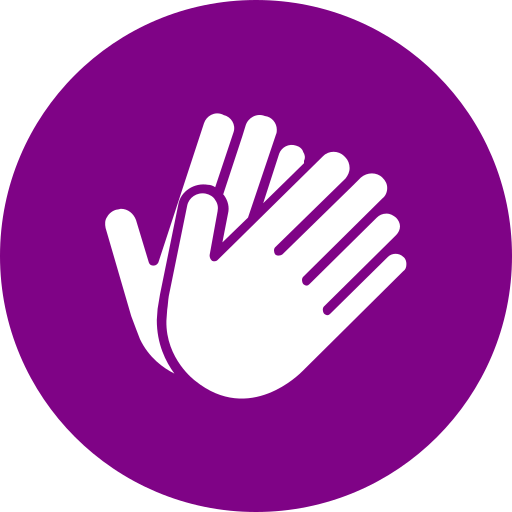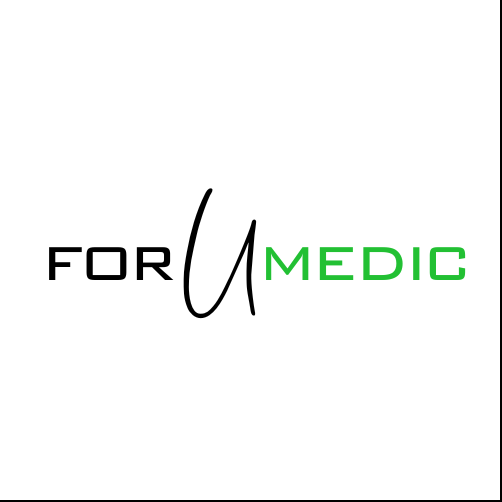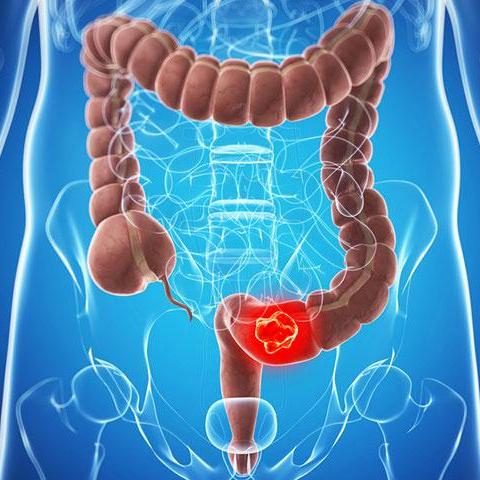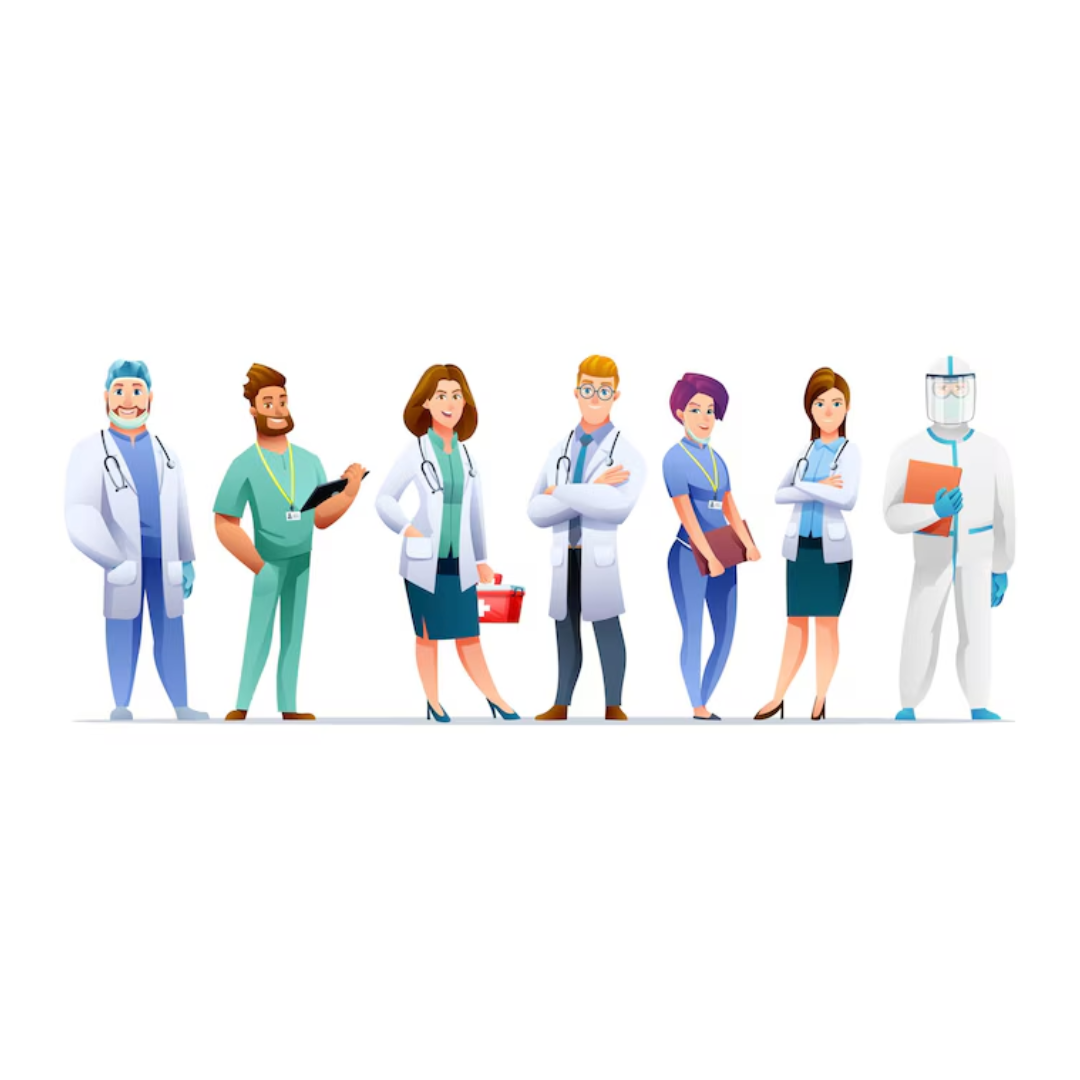Recent Updates
-
Please log in to like, share and comment!
-
Gut Health = Mental Health
Your gut isn’t just about digestion — it’s your second brain.
Over 70% of your immune system resides in your gut, and it plays a key role in how your brain feels and functions. Why? Because the gut and brain are connected via the gut-brain axis, a communication superhighway linking emotions, cognition, and even immunity.
🦠 What Keeps Your Gut Healthy?
Your gut is home to trillions of microbes (called the gut microbiota). A balanced microbiota:
Helps digest food efficiently
Produces vitamins like B12 and K
Regulates mood hormones like serotonin (over 90% of which is made in the gut!)
Builds immunity and fights infections
What to Eat for a Healthy Gut
Daily habits that nourish your gut microbes:
Curd or homemade yogurt (rich in probiotics)
Fermented foods like kanji, idli, dosa, pickle, kefir, kimchi
Fiber-rich fruits such as bananas, apples, papaya, and pomegranate
Whole grains like oats, millets, and brown rice
These feed the “good bacteria” and promote a diverse microbiome.
🚫 What Harms Your Gut?
Overuse of antibiotics can wipe out beneficial bacteria
Refined sugars, fried foods, and sodas disrupt gut flora balance
High stress levels can lead to poor digestion and gut inflammation
Skipping meals or binge eating confuses your gut rhythm
🩺 When to Be Alert?
Doctors advise observing these signs:
Frequent bloating or gas
Fatigue even after adequate rest
Irregular bowel movements or acidity
Mood swings, anxiety, or brain fog
These may indicate an imbalanced gut. Early correction through diet and lifestyle can prevent larger issues.
👨⚕️ What Doctors Recommend
Start your day with lukewarm water + lemon
Include at least one fermented or probiotic-rich item daily
Maintain a regular eating schedule
Consider a gut detox (under medical guidance) if symptoms persist
For mental wellness, treat your gut as seriously as your brain🧠 Gut Health = Mental Health Your gut isn’t just about digestion — it’s your second brain. Over 70% of your immune system resides in your gut, and it plays a key role in how your brain feels and functions. Why? Because the gut and brain are connected via the gut-brain axis, a communication superhighway linking emotions, cognition, and even immunity. 🦠 What Keeps Your Gut Healthy? Your gut is home to trillions of microbes (called the gut microbiota). A balanced microbiota: Helps digest food efficiently Produces vitamins like B12 and K Regulates mood hormones like serotonin (over 90% of which is made in the gut!) Builds immunity and fights infections ✅ What to Eat for a Healthy Gut Daily habits that nourish your gut microbes: Curd or homemade yogurt (rich in probiotics) Fermented foods like kanji, idli, dosa, pickle, kefir, kimchi Fiber-rich fruits such as bananas, apples, papaya, and pomegranate Whole grains like oats, millets, and brown rice These feed the “good bacteria” and promote a diverse microbiome. 🚫 What Harms Your Gut? Overuse of antibiotics can wipe out beneficial bacteria Refined sugars, fried foods, and sodas disrupt gut flora balance High stress levels can lead to poor digestion and gut inflammation Skipping meals or binge eating confuses your gut rhythm 🩺 When to Be Alert? Doctors advise observing these signs: Frequent bloating or gas Fatigue even after adequate rest Irregular bowel movements or acidity Mood swings, anxiety, or brain fog These may indicate an imbalanced gut. Early correction through diet and lifestyle can prevent larger issues. 👨⚕️ What Doctors Recommend Start your day with lukewarm water + lemon Include at least one fermented or probiotic-rich item daily Maintain a regular eating schedule Consider a gut detox (under medical guidance) if symptoms persist For mental wellness, treat your gut as seriously as your brain0 Comments 0 Shares 5K Views
 19
19
-
-
Hi everyone!
I’ve been building my clinic slowly, and I’ve realized there’s so much more to healthcare than just treatment — from setting up equipment to designing patient journeys.
Quick poll for my fellow professionals:
What’s been the most challenging part of running your own clinic?
Hi everyone! I’ve been building my clinic slowly, and I’ve realized there’s so much more to healthcare than just treatment — from setting up equipment to designing patient journeys. Quick poll for my fellow professionals: What’s been the most challenging part of running your own clinic?25230 Comments 0 Shares 7K Views17
-
Doctors: The Pillars of Healing and Hope
Doctors are at the forefront of saving lives and improving health outcomes every day. With years of education, training, and a strong sense of duty, they diagnose, treat, and guide patients through their health journeys with precision and compassion.
Key Roles and Responsibilities of a Doctor:
Diagnosis & Treatment: Identifying health problems and prescribing effective treatment plans.
Preventive Care: Helping patients avoid illness through routine checkups, screenings, and guidance.
Medical Expertise: Applying deep scientific knowledge and staying updated on the latest medical advancements.
Patient Advocacy: Supporting patients’ well-being and ensuring ethical, informed care.
Emergency Care: Responding rapidly to critical and life-threatening conditions with confidence and skill.
Why Doctors Matter:
Whether it’s a routine consultation or a complex surgery, doctors are trusted with the most precious gift—life. They work under pressure, make tough decisions, and carry immense responsibility with unwavering dedication.
🩺 Behind every recovery is a doctor who never gave up. Their commitment, courage, and compassion continue to inspire and heal.Doctors: The Pillars of Healing and Hope Doctors are at the forefront of saving lives and improving health outcomes every day. With years of education, training, and a strong sense of duty, they diagnose, treat, and guide patients through their health journeys with precision and compassion. Key Roles and Responsibilities of a Doctor: Diagnosis & Treatment: Identifying health problems and prescribing effective treatment plans. Preventive Care: Helping patients avoid illness through routine checkups, screenings, and guidance. Medical Expertise: Applying deep scientific knowledge and staying updated on the latest medical advancements. Patient Advocacy: Supporting patients’ well-being and ensuring ethical, informed care. Emergency Care: Responding rapidly to critical and life-threatening conditions with confidence and skill. Why Doctors Matter: Whether it’s a routine consultation or a complex surgery, doctors are trusted with the most precious gift—life. They work under pressure, make tough decisions, and carry immense responsibility with unwavering dedication. 🩺 Behind every recovery is a doctor who never gave up. Their commitment, courage, and compassion continue to inspire and heal.0 Comments 0 Shares 4K Views13
More Stories



















